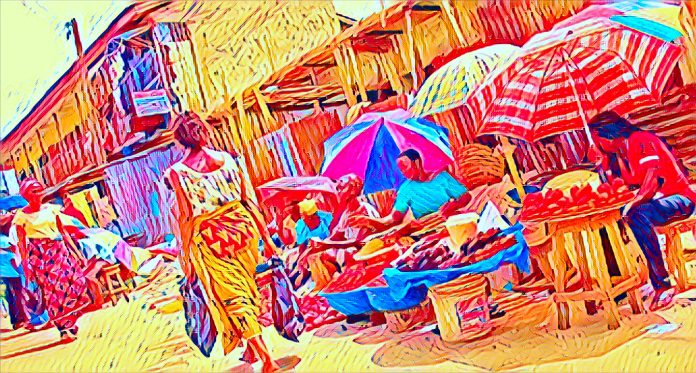Nigeria is facing a severe cost of living crisis, ranking fifth among the hardest-hit African nations, according to recent data. The escalating costs of essential goods and services are causing widespread economic strain for millions of Nigerians, highlighting the urgent need for effective policy responses.
The report from BusinessDay reveals that the economic challenges have intensified due to a combination of factors, including inflation, currency devaluation, and supply chain disruptions. As the prices of food, fuel, and other necessities continue to rise, many Nigerian households are struggling to make ends meet.
Inflation in Nigeria has been a persistent issue, with recent figures indicating a double-digit increase. The cost of food, which constitutes a significant portion of household expenses, has seen particularly sharp rises. Staple items such as rice, bread, and cooking oil have become more expensive, putting additional pressure on already stretched budgets.
Currency devaluation is another critical factor contributing to the cost of living crisis. The Nigerian Naira has experienced significant depreciation against major currencies, making imported goods more costly. This depreciation affects not only consumer goods but also essential inputs for various industries, leading to higher production costs and, consequently, higher prices for consumers.
Supply chain disruptions, exacerbated by global events and domestic inefficiencies, have further compounded the situation. Issues such as fuel scarcity, poor infrastructure, and bureaucratic hurdles have hindered the smooth flow of goods and services, contributing to scarcity and price hikes.
The impact of the cost of living crisis is felt across all segments of society, but it disproportionately affects low-income households. Many families are forced to make difficult choices, cutting back on essential expenditures such as healthcare and education to afford basic necessities. This situation has severe implications for overall well-being and social stability.
In response to the crisis, economic experts and policymakers are calling for comprehensive measures to address the underlying issues. Recommendations include enhancing agricultural productivity to ensure food security, stabilizing the currency through prudent monetary policies, and improving infrastructure to facilitate efficient supply chains.
Social safety nets are also crucial in mitigating the impact on vulnerable populations. Expanding programs such as cash transfers, food assistance, and affordable housing initiatives can provide immediate relief to those most affected by the crisis. Additionally, promoting job creation and supporting small and medium-sized enterprises (SMEs) can help stimulate economic growth and provide sustainable livelihoods.
Despite the current challenges, there is hope for improvement. The Nigerian government, alongside international partners, is working on various initiatives to stabilize the economy and address the cost of living issues. Efforts to diversify the economy, reduce dependency on imports, and enhance local production capacities are seen as vital steps towards long-term resilience.
In conclusion, Nigeria’s ranking as the fifth hardest-hit African country by the cost of living crisis underscores the urgent need for targeted interventions. Addressing inflation, currency devaluation, and supply chain disruptions through comprehensive policies and social support programs can help alleviate the burden on Nigerian households and pave the way for a more stable and prosperous future.
Source: businessday.ng



